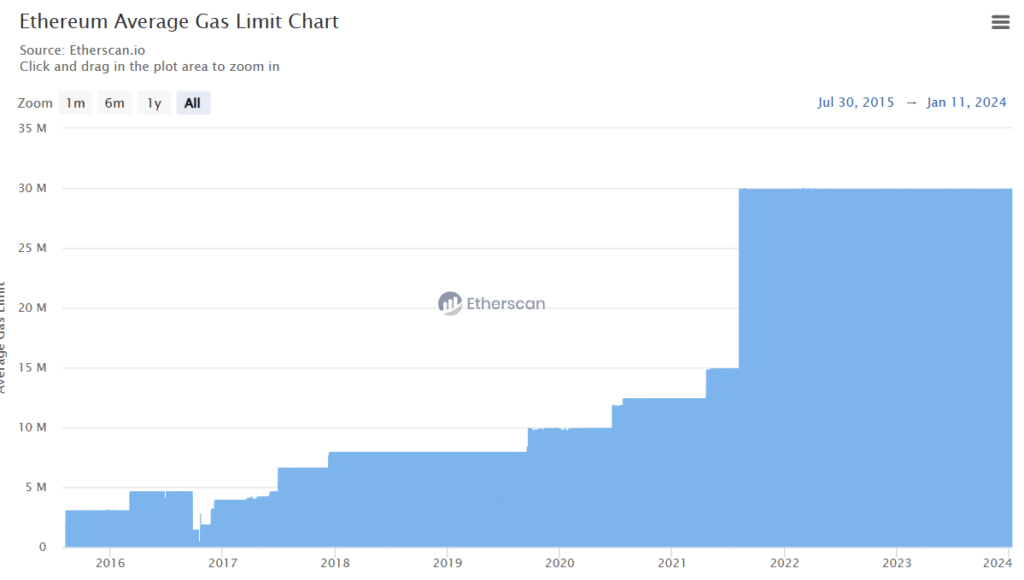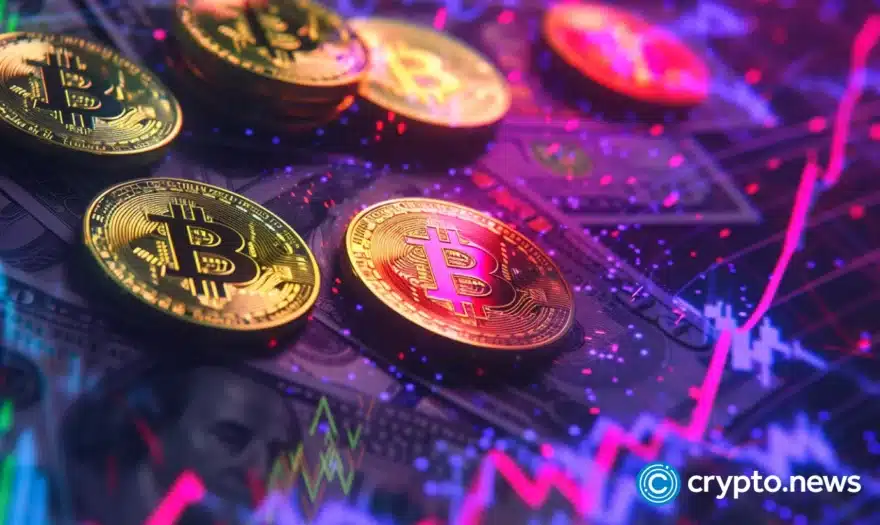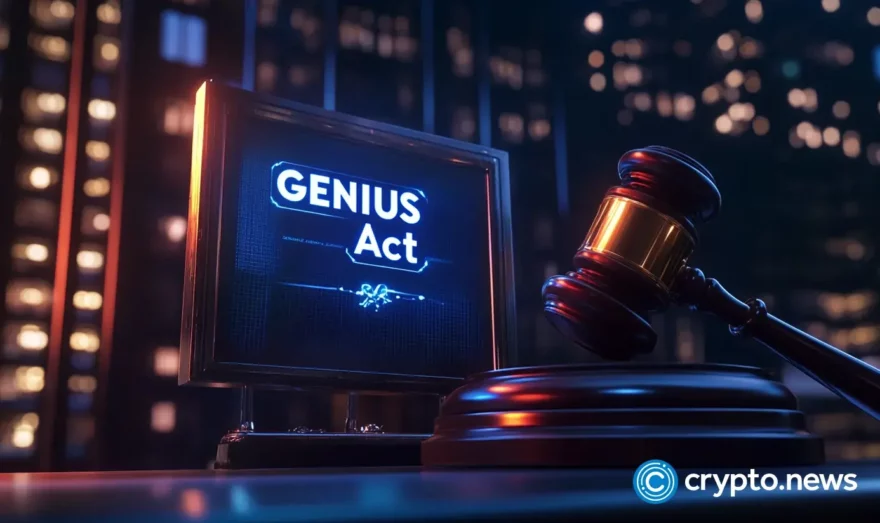ETH developers voice concern over gas limit hike proposed by Vitalik Buterin

Ethereum developers are expressing concerns over Vitalik Buterin’s latest proposal to raise the gas limit by 33%, citing worries about the growing size of the blockchain state.
The second largest blockchain Ethereum is currently at a crossroads over a proposal by its co-founder Vitalik Buterin to increase its gas limit.
On Jan. 11, Buterin recommended a 33% increase in the gas limit, a change aimed at enhancing the network’s throughput. The proposal suggests raising the limit from the current 30 million to 40 million, potentially allowing more transactions per block and increasing the network’s capacity.
The concept of the gas limit has evolved since Ethereum’s inception in 2015. Initially set at around 3 million, the limit has gradually increased in response to the network’s growing usage and adoption.

The Ethereum blockchain state, which stores account balances and smart contract data, currently requires approximately 267 gigabytes (GB) of space. The entire history of the blockchain is even larger, around 900GB, according to Blockchair.
However, the proposal has met with some resistance. Key among the concerns is the impact on the blockchain’s state size.
Marius van der Wijden, an Ethereum developer, expressed these worries in his Jan. 11 blog post, “Why increasing the gas limit is difficult.” He pointed out that while storage might be affordable, a larger state size could slow down the process of accessing and modifying data.
Wijden also noted the need for definitive solutions for managing the growth of the state.
The potential increase also poses technical challenges, including longer synchronization times and difficulties developing diverse clients. Martin Köppelmann, co-founder of Gnosis, highlighted that a higher gas limit could necessitate increased bandwidth.
Ethereum team lead Péter Szilágyi shared similar concerns, emphasizing the trade-offs of a higher gas limit. While it might improve transaction capacity, it could also lead to faster state growth, slower synchronization, and increased network attacks and spam risks.
The gas limit in Ethereum serves as a cap on the amount of gas spent on transactions or smart contracts in each block. It is crucial to keep block sizes manageable to ensure optimal network performance.
Validators have the flexibility to adjust the gas limit within certain parameters as they produce blocks.
While increasing the gas limit could theoretically expand the network’s throughput and capacity, it comes with the cost of higher loads on hardware and potential network security risks.
Developers are exploring potential solutions, such as EIP-4444, which deals with chain history expiration, and EIP-4844, focusing on rollup data availability using “blobs.” These upgrades are aimed at addressing long-term growth concerns within the Ethereum network.

















